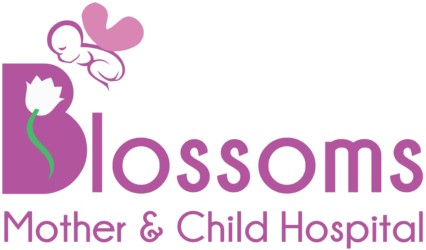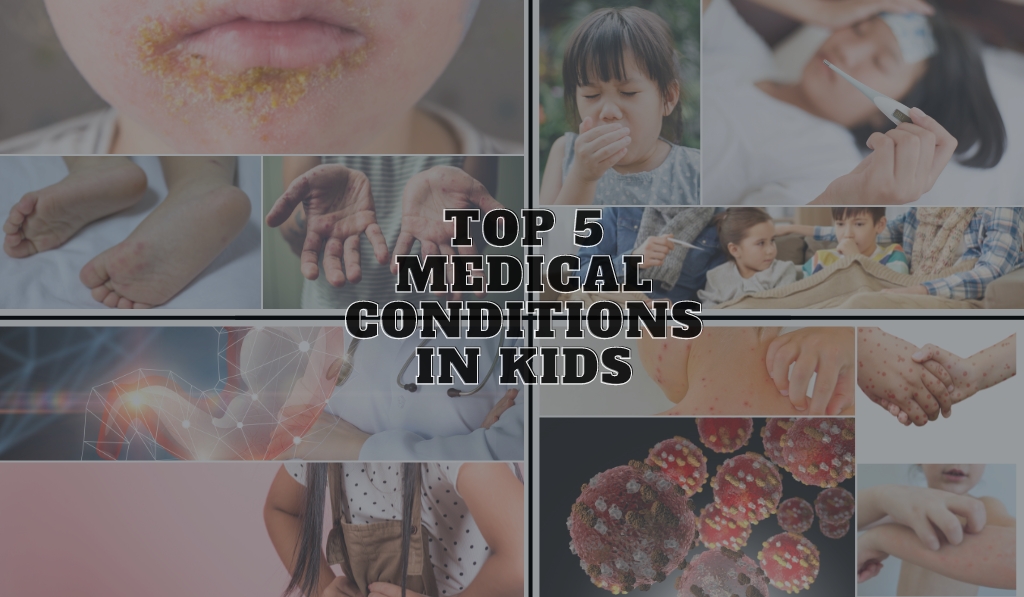The Common Cold:
Is your child suffering from a blocked or runny nose and watery eyes? Is he coughing and sneezing? He could be suffering from a cold. Colds are common in babies and toddlers. If the child’s body temperature rises, he may have a fever.
What You Should Do:
• Keep him hydrated by giving him plenty of fluids such as water and low-sugar juices.
• Keep him away from crowded areas, sick people, and other children.
• Teach your child to blow his nose with a tissue or to cover his mouth when sneezing.
• Take your child to the doctor if he does not improve after a few days or if he has a high fever.
The stomach flu:
Is your child experiencing nausea and vomiting? Are his/her stools odorous and watery? He could be suffering from the stomach flu or a gastrointestinal infection. Muscle aches, abdominal pain, and a slight fever are also symptoms.
What You Should Do:
• Keep your child hydrated with fluids such as water or juices that do not contain milk to replace lost water and salts. Encourage your child to take small, frequent sips of fluids.
• Avoid contact with others because stomach flu is contagious.
• Take your child to the doctor if symptoms persist or worsen.
HFMD (Hand, Foot and Mouth Disease):
Are your child’s palms, feet, or buttocks covered in rashes or blisters? Is your child suffering from painful mouth ulcers, a fever, or a sore throat? He could be suffering from hand, foot, and mouth disease. This can occasionally escalate into something more serious. Examine your child’s palms for blisters:
What You Should Do:
• If your child has HFMD, notify his school, infant or child care centre. He/she should remain at home to prevent the illness from spreading to other children.
• Maintain your child’s hydration. Child should intake plenty of fluids and water.
• As mouth ulcers can be excruciatingly painful, switch to a soft diet (for example, porridge).
• It is essential for your child to get more rest.
• Carry out all precautions at your home to stop the spread of HFMD, like disinfecting all toys and other objects with which your child comes into contact.
• If you suspect your child has HFMD, take him to the doctor right away.
Bronchiolitis and Bronchitis:
Is your child wheezing, which means making high pitched noises while exhaling? Is he exhaling quickly and having difficulty breathing? His lungs’ small airways could be infected.
What You Should Do:
• Keep your child hydrated with fluids such as water and vitamin C-rich juices.
• Avoid smoking areas. Tobacco smoke can aggravate your child’s condition.
• Take your child to the doctor if he is wheezing for the first time, has laboured breathing, is lethargic, lacks energy, or refuses to eat.
Chicken Pox:
Does your child have a fever and itchy, red spots on his or her body and face from chickenpox? The chickenpox rash appears over several days and eventually develops into blisters. In case there is an infection on scratched areas, there is a chance for the spots to leave scars. Even though chickenpox is one of the most common and mild disease in healthy kids, it is however should be properly treated and taken care of as it spreads very easily just from droplets in the air through an infected person and also might spread with direct contact. It is considered as one of the highly contagious disease.
• If your child has chickenpox, notify his school or childcare centre and he/she should remain at home to prevent the illness from spreading to other children.
• Trim your child’s fingernails to prevent scratching and consider allowing him to wear gloves at night.
• Bathe your child in cool water to relieve itching.
• Take your child to the doctor right away if the rash spreads to the eye or becomes extremely red or tender.
Consult your pediatrician, if you see any of the below symptoms in your child
- Dizzy
- Disoriented,
- Vomiting,
- Rapid heartbeat,
- Shortness of breath,
- Has tremors,
- Loss of muscle coordination,
- Stiff neck/high fever.
It is essential to consult the pediatrician near you and get regular health check-ups for your kids, to avoid any unnecessary complications and prevent any other serious health conditions.

